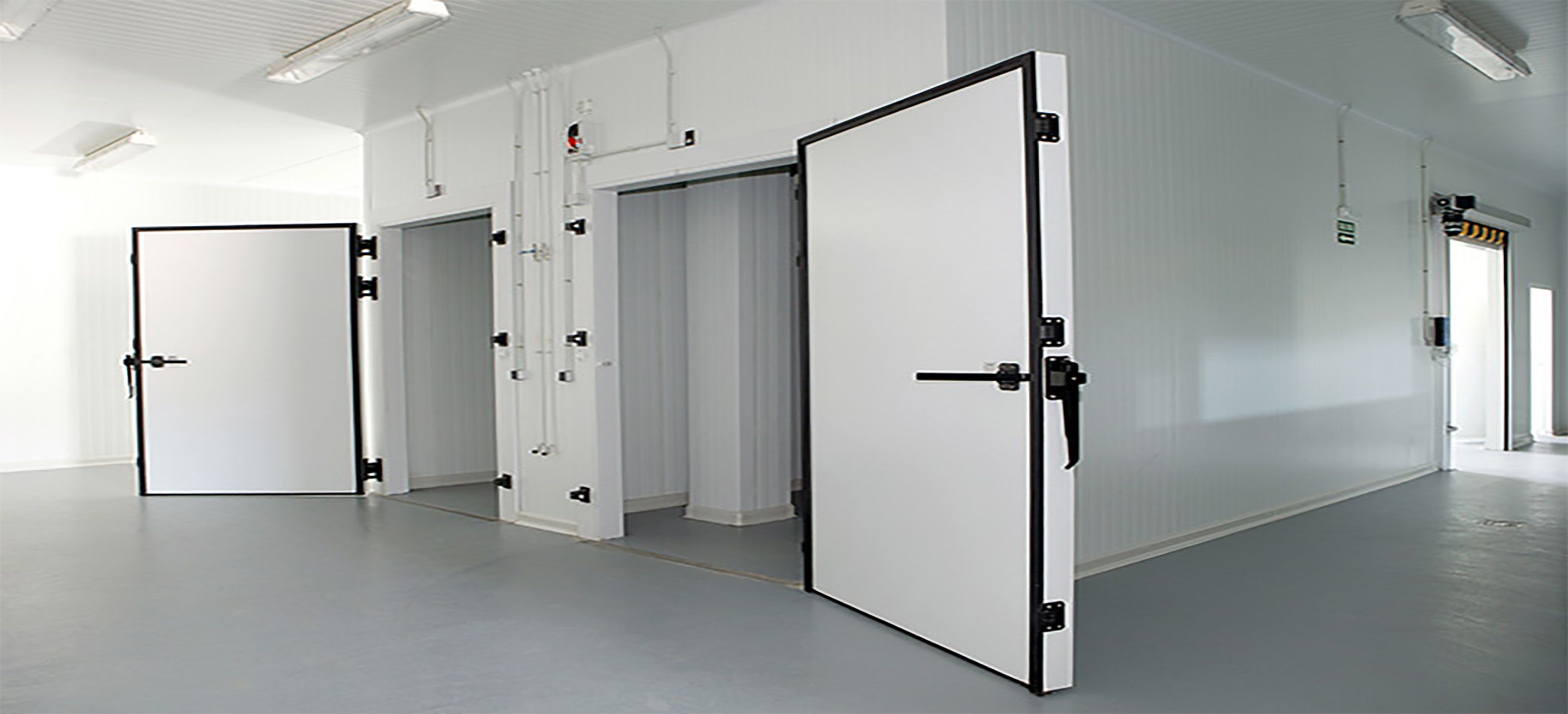Cold rooms play a critical role in the pharmaceutical industry, ensuring the safety, efficacy, and longevity of temperature-sensitive products. From vaccines to bio pharmaceuticals, these controlled environments are essential for maintaining the quality of medicines and other medical products. Today, we’ll explore the significance of such rooms in the pharmaceutical sector and how they contribute to public health and safety.

The Importance of Temperature Control
In the pharmaceutical industry, many products require strict temperature control to remain effective. Vaccines, insulin, blood products, and certain medications can degrade or lose potency if exposed to temperatures outside their recommended range. This is where cold room comes in—they provide a stable environment that keeps products within a specific temperature range.
Maintaining the correct temperature is crucial not only for the efficacy of the products but also for patient safety. A compromised product can lead to ineffective treatment, potential health risks, and significant financial losses for pharmaceutical companies. Such rooms are designed with precision to ensure that these products are stored under optimal conditions, preserving their quality from production to end-use.
Applications of Cold Rooms in the Pharmaceutical Industry
Cold rooms are used in various stages of the pharmaceutical supply chain, from manufacturing to distribution and storage.
Manufacturing: During the production of pharmaceutical products, such rooms store raw materials and active ingredients that require temperature control. These facilities ensure that the integrity of these components is maintained, which is vital for producing high-quality medications.
Storage: After production, pharmaceutical products are stored in such rooms until they are ready for distribution. This is especially important for vaccines, biologics, and other temperature-sensitive items that need to remain within a narrow temperature range to be effective.
Distribution: Cold rooms are also integral to the logistics of pharmaceuticals. Many products are transported in cold chain systems, which involve refrigerated storage and transport processes. Such rooms at distribution centres ensure that products are kept at the correct temperature before they reach pharmacies, hospitals, or clinics.
Ensuring Compliance and Safety
Such rooms in the pharmaceutical industry must comply with stringent regulatory standards to ensure product safety. Regulatory bodies such as the FDA (Food and Drug Administration) and WHO (World Health Organization) set guidelines for temperature monitoring, maintenance, and validation of cold storage facilities. Regular audits and inspections are conducted to ensure facilities meet the required standards.
Advanced monitoring systems are often installed in such rooms to track temperature, humidity, and other environmental conditions in real time. These systems provide alerts in case of deviations, allowing for immediate corrective actions to prevent product spoilage.

Cold rooms from AFRICHILL are indispensable in the pharmaceutical industry, playing a vital role in preserving the quality and safety of temperature-sensitive products. By providing a controlled environment, they ensure that medicines, vaccines, and other essential medical products reach patients in optimal condition, thereby safeguarding public health and well-being. Call +27 (0) 11 979 1885 to order your cold room.





